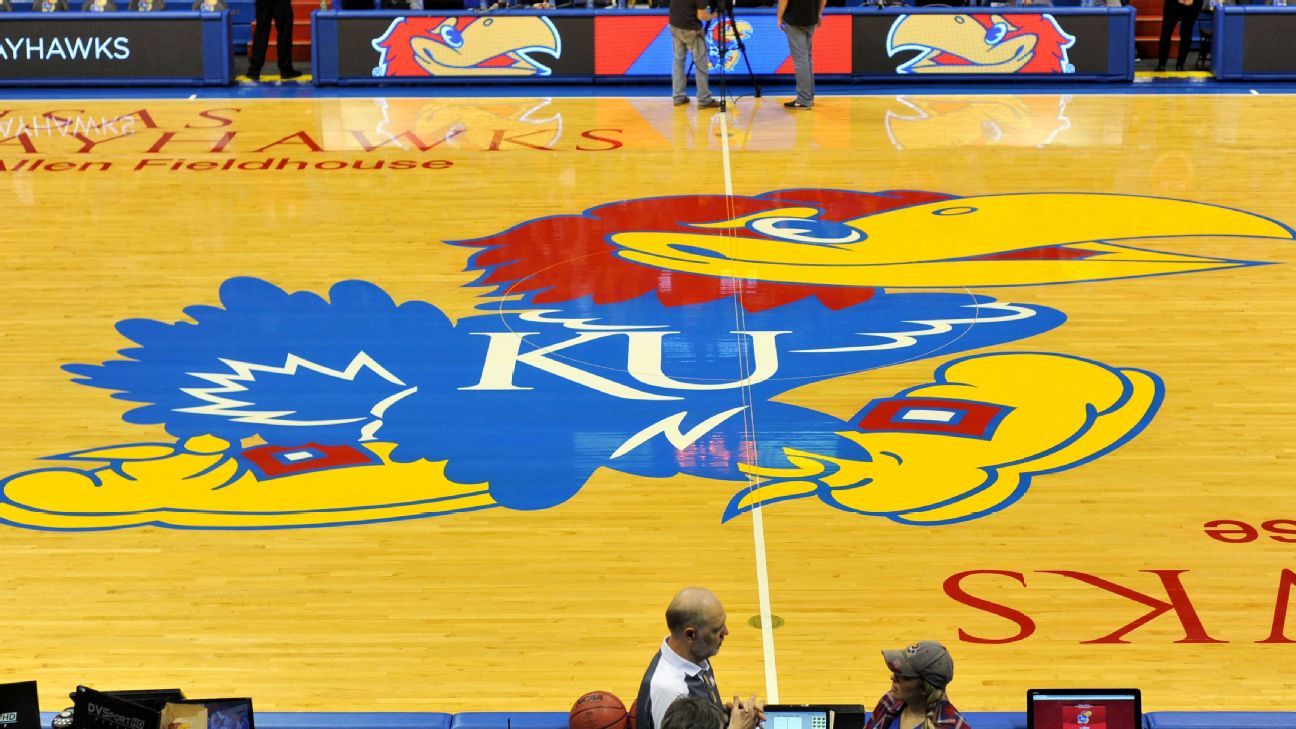No handshake again! Suryakumar Yadav royally ignores former Pakistan captain at toss

India's 'No Handshake policy' against Pakistan continued in the Asia Cup 2025 final, as Suryakumar Yadav skipped the customary handshake with Salman Ali Agha. This, coupled with an unusual toss arrangement and Pakistan's ongoing media management issues, highlighted the deep-seated rivalry and scrutiny surrounding their cricket, extending beyond the field.NEW DELHI: The handshake controversy between India and Pakistan resurfaced during the Asia Cup 2025 final on Sunday in Dubai, when Indian skipper Suryakumar Yadav once again stuck to India’s No Handshake policy against their arch-rivals.Go Beyond The Boundary with our YouTube channel. SUBSCRIBE NOW! At the Dubai International Cricket Stadium, Suryakumar shook hands warmly with former India coach Ravi Shastri, who was conducting the toss on behalf of the broadcasters, but royally ignored ex-Pakistan captain Waqar Younis. The gesture — or lack thereof — instantly set social media buzzing, reinforcing the simmering rivalry before a ball was even bowled.India vs Pakistan Asia Cup final: The FIRST will be a very tense clash between arch-rivalsAlso See: IND vs PAK Live Score Asia Cup 2025 Like in the two previous clashes in this tournament — during the group stage and the Super Four — Suryakumar also avoided shaking hands with his opposite number Salman Ali Agha at the toss. Instead, the Indian skipper maintained composure and focus, symbolically underlining the continuing frostiness between the two cricketing giants. Adding to the drama, the toss itself followed an unusual format. For the first time, two presenters were used: Shastri quizzed the Indian captain, while Waqar posed questions to the Pakistan leader. The arrangement only deepened the spectacle around the final, already one of the sport’s most fiercely contested fixtures. The No Handshake stance comes at a time when Pakistan cricket is under scrutiny for both its on-field struggles and media management. Their batting and fielding have been criticized, while captains and officials have drawn flak for skipping press conferences or restricting Indian journalists’ questions. As the much-anticipated final got underway, the continued refusal to engage in the traditional gesture showed how the India-Pakistan rivalry extends far beyond the playing surface — spilling into protocol, perception, and pride.End of ArticleFollow Us On Social Media









